What business school did for me
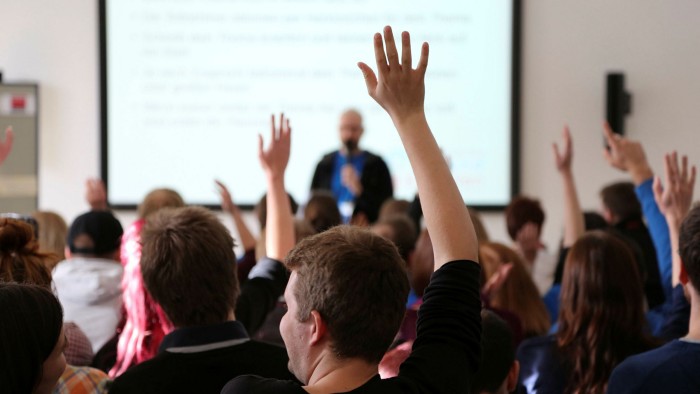
Roula Khalaf, Editor of the FT, selects her favourite stories in this weekly newsletter.
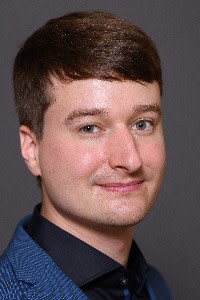
Victor Hebert
German. St Petersburg State University GSOM, Russia. Cems Master in International Management, graduates 2022. Currently on exchange at Cornell University, US
What made St Petersburg the right fit for you?
I was always curious to go off the beaten path because many of my friends and family studied in places that Germans more commonly choose, like London. I wanted to go to places where I have not been much before, if at all, to put myself out of my comfort zone and see how things are done in different countries.
And I had a general interest in Russian culture, the language and the people. I heard that St Petersburg is amazingly beautiful, which indeed it is. The school also has an excellent reputation. It offers an opportunity for foreigners to win a government-funded place, which I did, so I do not have to pay for my study programme.
Also, the situation politically between Russia and Europe is not always easy, so in the future it would be nice if I could contribute to building bridges instead of burning them. I think it is important to have this cultural exchange.
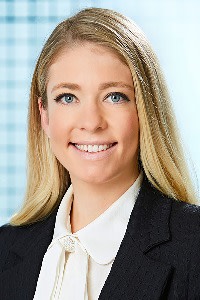
Anne-Sofie Davenport
Danish/Australian. Copenhagen Business School, MBA. Graduated 2021. Associate, McKinsey, Copenhagen, Denmark
What advice would you give people who are considering an MBA?
My advice is to reflect on why you want to do it. Whether it is to build your business toolbox, develop your professional network, change industry or job, or move to a new country, it is important to reflect on your goal so that you can focus on what matters to you throughout the MBA.
It is a busy year and staying clear on your goals is key to achieving them. Do your research on which schools are the best fit based on your career goals and your reasons for studying an MBA. Look at the programme, including the core subjects, the leadership and personal development programmes, the additional tracks and the size and diversity of the cohort.
On the practical side, research the school’s location, expected living costs and the length of the programme, and consider the overall cost of the course.
Finally, prioritise which schools you want to apply to and send in your applications. You have an exciting journey ahead.
Top 95 European Business Schools ranking of 2021
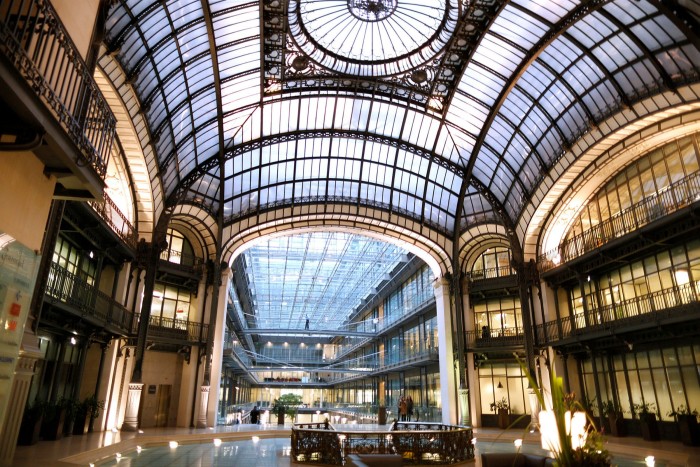
Find out which are the best European business schools, according to the Financial Times. Also, learn how the table was compiled.
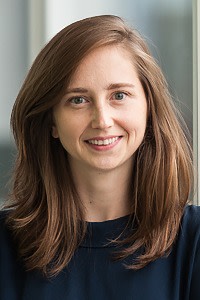
Victoria Breck
American/Belgian. Vlerick Business School, Executive MBA Weekend, 2021. Global head of cell therapy policy, Novo Nordisk, Brussels, Belgium
How do you apply what you learnt on the course to your job?
I moved into a new job two months before starting the MBA. It was an advantage to do the MBA concurrently with starting the new job because I applied my course work to the company directly.
On the financial management course, for example, I studied the annual reports in detail. For other courses, I interviewed colleagues from different departments to understand and analyse our company’s approach.
Also, as a public affairs leader, it was critical for me to gain a deep understanding of my new company. The success of the function relies on thorough knowledge of the business and on close collaboration across many departments, including regulatory, commercial, operations and research functions.
The MBA enabled me to connect and collaborate cross-functionally in a more meaningful way across geographies and departments.
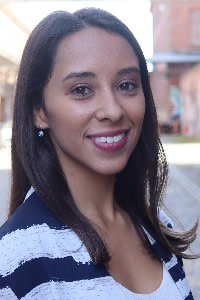
Andrea Escorcia
Colombian. HHL Graduate School of Management, Master of Science, finance track, graduates 2022. Intern at SpinLab — The HHL Accelerator, Leipzig, Germany
How has the masters in management helped your career?
It really has changed my career.
I had worked for three years at the stock exchange in Colombia. Doing a masters in management, especially in Germany, has changed the idea I previously had about having a successful future by working in a big, well-recognised company.
The masters at HHL has taught me that there are tons of opportunities to build a successful career by being innovative and focusing on responsibility.
I am now conscious that I want to generate an impact. This starts by me being a leader now and in the future. It starts by doing something in the present and understanding that it is not only about growing in a big company, but building and helping small companies to grow.
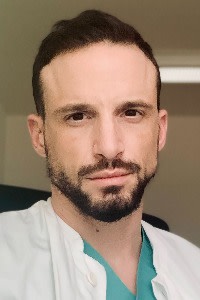
Stefano Modini
Swiss. Insead executive education, including the management acceleration programme. Medical director, anaesthesiology, Thun and Bern region, Switzerland
Did anything surprise you about the course?
It surprised me how easy-going the people at business school are.
Insead is a fountain for business and is the place to be, so I expected more arrogance. But it was really friendly and professors would call us by our names.
Another surprise is the diversity of people that they choose for the programme. There were 34 participants on the course, from 17 countries, and all had different positions and executive backgrounds.
Most people had quite senior roles, as the programme was paid for by their companies. It was mega interesting for me as a doctor because I could not understand some of the jobs they were describing. I got a new view of life: it opened my eyes and I’m glad that it did.
Comments